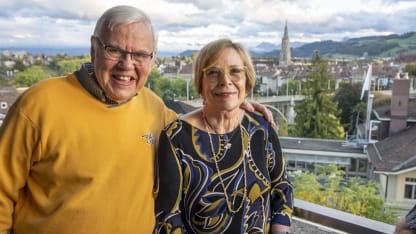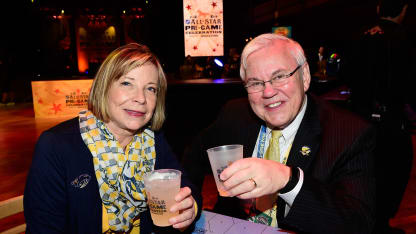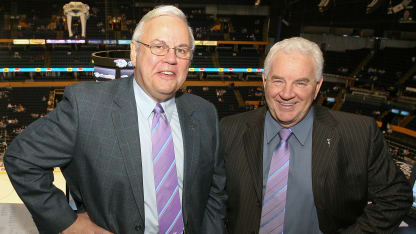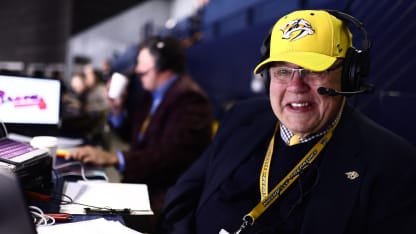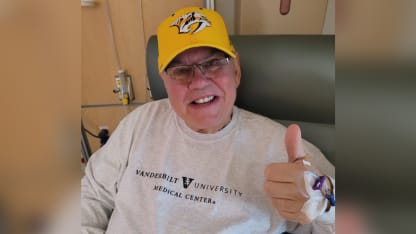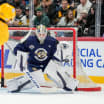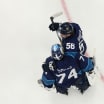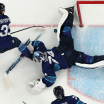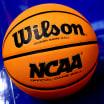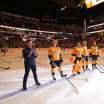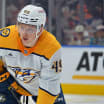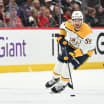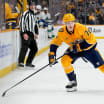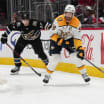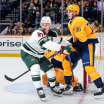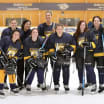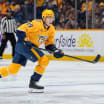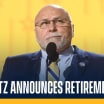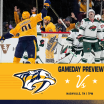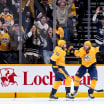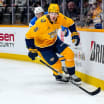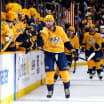To return Pete to full working order, Doctors Englot and Pierce will work in tandem - with Conwell assisting - to perform what's known as a ventriculoperitoneal shunt (VP shunt).
The procedure, to employ a fair bit of understatement, is a marvel of modern medicine.
Dr. Englot will make a small incision in Weber's scalp and insert the top portion of a tube into one of his ventricles, feeding the bottom portion down to his abdomen.
At the same time, Dr. Pierce will work laparoscopically, making small incisions and utilizing a scope to ensure that the bottom portion is placed correctly in Weber's peritoneal cavity.
Speaking via Zoom from his VUMC office, medical and doctorate degrees peeking out from their frames behind him, Dr. Pierce walked through the steps.
"I'll insert a special needle that blows up the belly with gas and then we put a port in there and our camera," Dr. Pierce said. "Then with the camera we look back up toward where we want the tubing to come down underneath the right ribcage. When the tubing is there, we put a needle through, pass a wire through it and then pass the tubing over the wire and into the belly… You get two little quarter-inch incisions and we can watch the tubing and make sure it goes exactly where we want and then it lies in the right place."
Simple enough.
Once connected, the tube will move - or "shunt" - excess CSF from Weber's ventricles into his abdomen where it will be absorbed by the body.
Though complex in its description, Dr. Englot says the procedure is likely one of the most common in neurosurgery - and one himself and Dr. Pierce are more than familiar with.
"I've probably done well over 100 of them over the past nine years that I've been here, maybe even more," Dr. Pierce said. "We set aside the second Monday of every month to focus on these cases. So sometimes we only do one or two, but sometimes we'll do four or five in a day."
While VP shunts have been performed for years, the relatively new dual-surgeon method allows for a less invasive procedure with a significantly lower risk of complications to an already low-risk operation.
"We now do colon surgery this way and we do surgery on the stomach and intestines this way," Dr. Pierce said. "The nice thing is that it allows us to watch the tubing go in and see exactly where it's going to be placed, and then have much smaller incisions with less pain and less chance for developing a hernia at that site later."
It gets better.
Affixed to the top portion of the tube resting in Weber's ventricle will be a magnetically-controllable valve that can be adjusted on an as-needed basis by his doctors - though not, as Pete joked, by Claudia for purposes of mind control.
The whole event is expected to last just 90 minutes - 21 minutes shorter than the longest game in Predators history, which Weber famously called with an uproarious finale - while the procedure itself will likely take no more than a full period of hockey to complete.
Following the procedure, Weber will stay at VUMC for the night, and barring any complications, will be released the following morning and cleared to return to business as usual within a matter of weeks.

